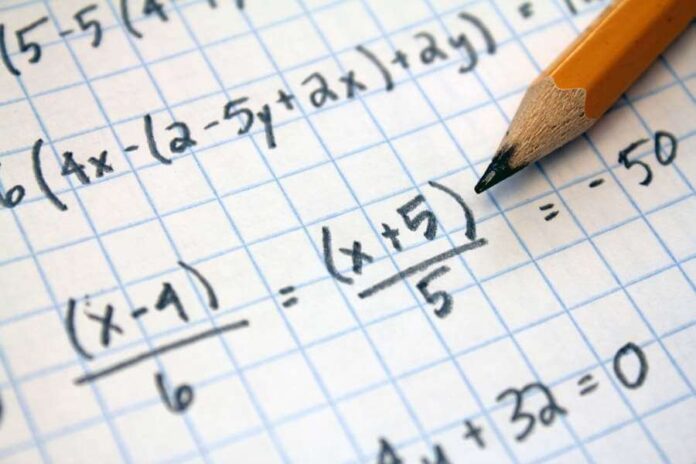Maths is a tough subject and involves numerous problem questions based on different concepts and techniques. A lot of students do not prefer to like this subject since they are unable to score good marks in it even though mathematics is a highly scoring subject. Students tend to make a lot of silly mistakes during the examination which results in a low score. However, this can be avoided by the proper implementation of a few techniques and steps. Read on to learn some of the useful tips that might help you score full marks in class 8 mathematics exams:
All vital concepts should be remembered
Every concept in the NCERT textbook must be studied thoroughly. It aids in the retention of formulas and allows you to quickly put them into the application when a question arises. Because CBSE exams frequently incorporate questions based on principles taught in NCERT textbooks, these books will always be useful in exam preparation.
Stick with your syllabus
Many students disregard NCERT books in favour of preparing from reference books. It is critical to note that exam questions will be based on principles from the NCERT textbooks. As a result, solving problems and examples from key textbooks should take preference, and only then should the focus move to the reference books. You should constantly adhere to the genuine syllabus and must avoid wasting time on other books because everything in the examinations tends to come from NCERT books. You can download the Vedantu CBSE class 8 maths pdf and study all the chapters from it.
Focus on your weak points
You should examine your weak points and concentrate on the questions that you find difficult to answer. Examine your previously written answer sheets to discover your areas of weakness so that you can address them. Questions that you don’t get right the first time should be given a lot of thought. Only attempt to solve these questions once you have thoroughly understood and learned the concepts on which they are based. Put in a lot of effort to improve these areas and turn them into your strengths. Excessive work on your weaker areas will aid you in receiving full scores in the exams.
Learn the importance of time management
According to studies, many students are unable to complete their maths exam papers on time due to their inability to manage their time effectively. Reduce your sleep time and utilise this time to study and revise the concepts. Study whenever you get any free time during the day. This will save you time and help you understand the concepts better. Give all types of mathematical tasks the same amount of time and leave nothing out.
Practice from the sample and previous year question papers
Solve the sample as well as previous year question papers to practice what you’ve learnt till now and also enhance your time management skills. Set a timer when you solve these papers so that you can increase your writing speed and complete the exam paper on time.
Focus on neatness
Make an effort to write answers in a nice and orderly manner, as representations are important. The only thing that will determine your grade is your answer sheet. The manner you fill out your answer sheet has an impact on your final grade. When compared to an untidy answer sheet, a neat and clean answer sheet usually earns superior grades. To get full points, you must know how to write a perfect answer in readable handwriting. Practice writing correctly and improving your handwriting. Make boxes around your answers and underline the essential elements of your answers.
Relax a day before the examination
Do not give yourself the stress and do not engage in any kind of revision at night. Try to be at peace and relax as much as you can. Try to feel free so that you don’t encounter anxiety. Make sure that you sleep earlier. This will help you remember things accurately during the examination.
Be confident
Get a proper night’s sleep and wake up early the morning before the exam. Do a quick revision in the morning and maintain your composure. Go to school in a carefree and relaxed manner.
Read the question
Read every question three times during the examination and try to visualise them. Make use of drawings or charts so that you get a better understanding of what the question is trying to ask. Attempt shorter questions first so that you can give an ample amount of time to lengthy questions. Do not lose focus and solve every question with the same level of concentration. Devise a plan and apply the required formulae after assessing the type of the question. Follow the step by step procedure while writing the answer. Do not forget to write in neat handwriting. Make sure to give a glance at the answer for cross-checking after you’re finished completing it. Make sure you have attempted every question and not missed any detail.






